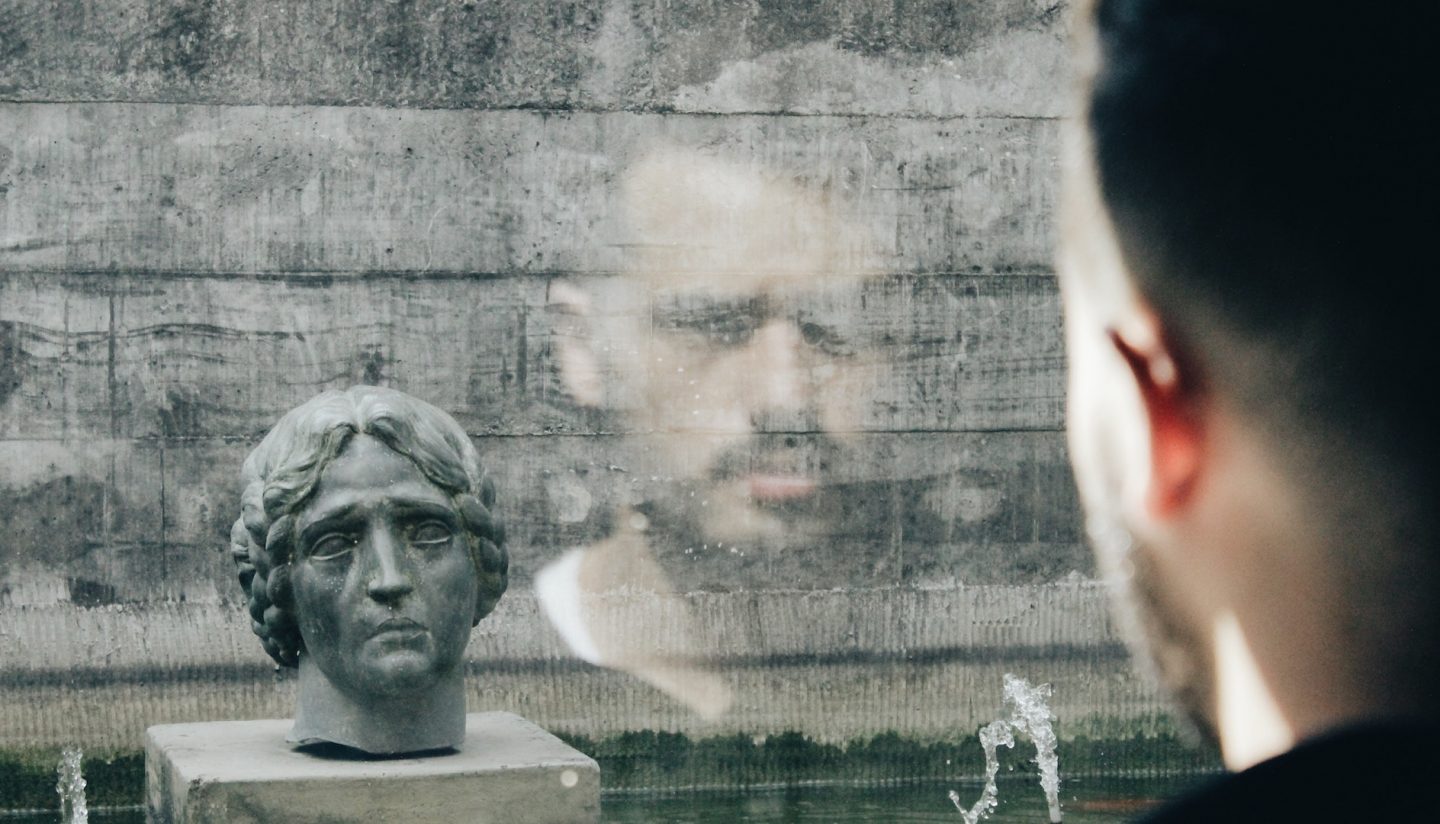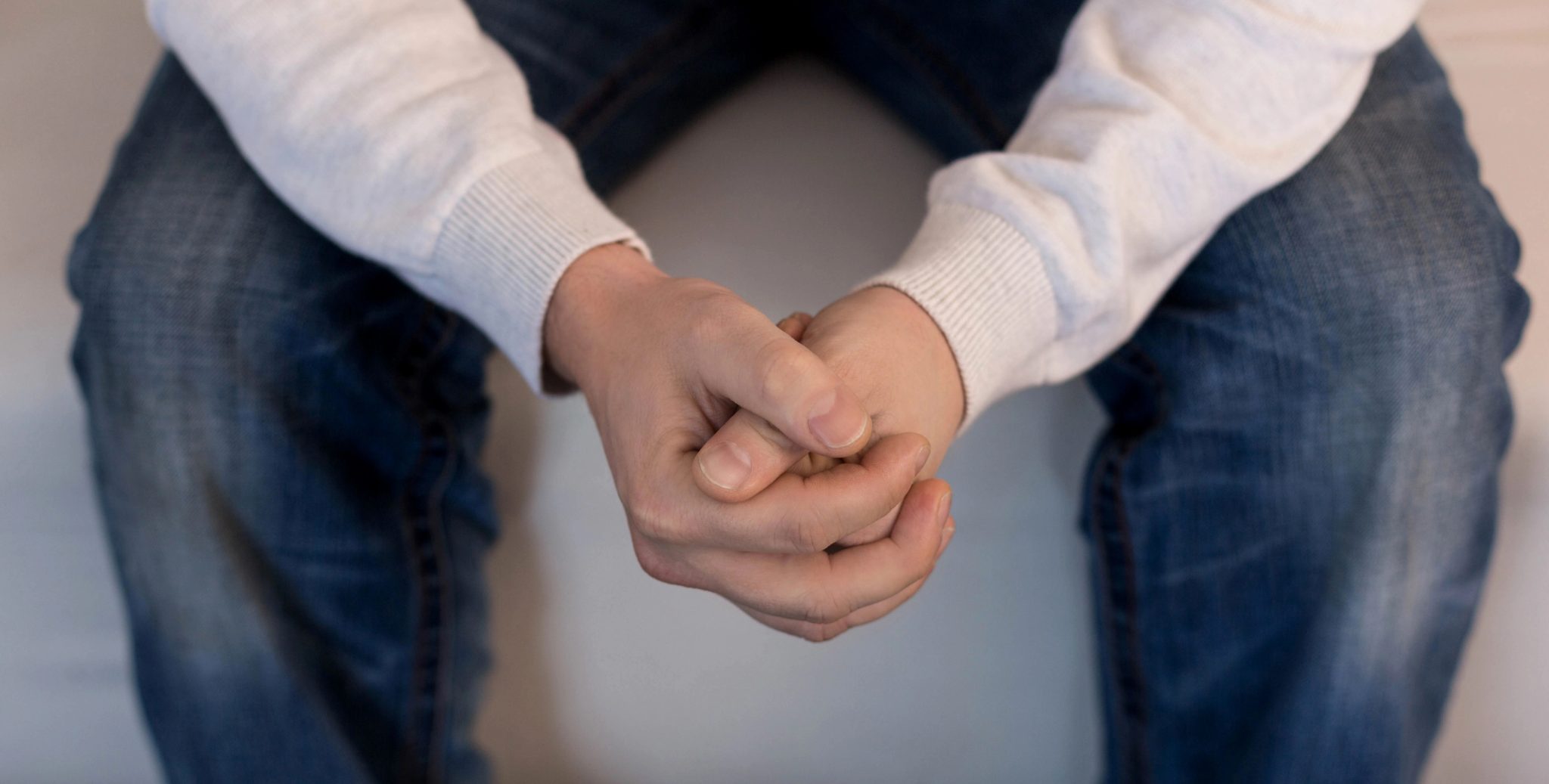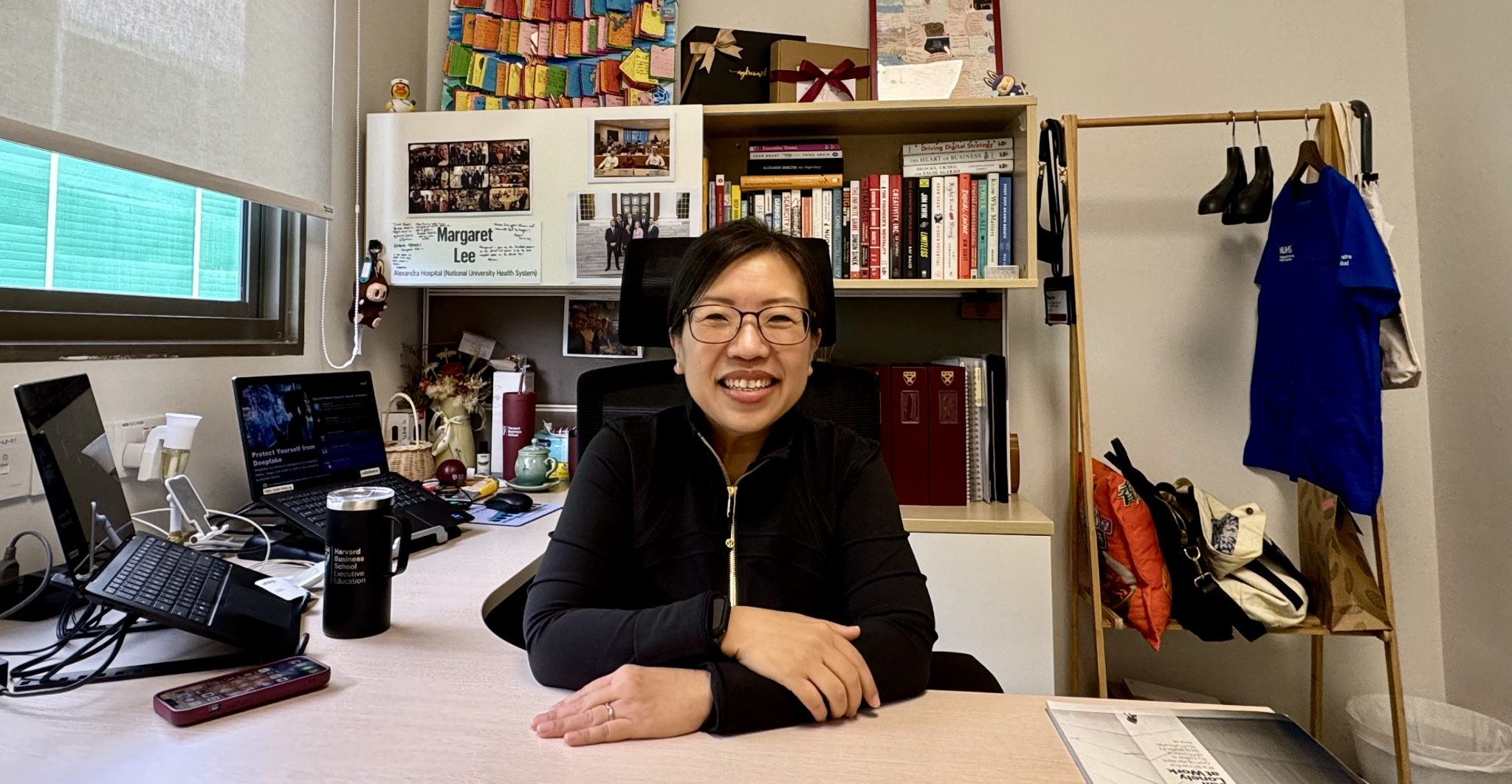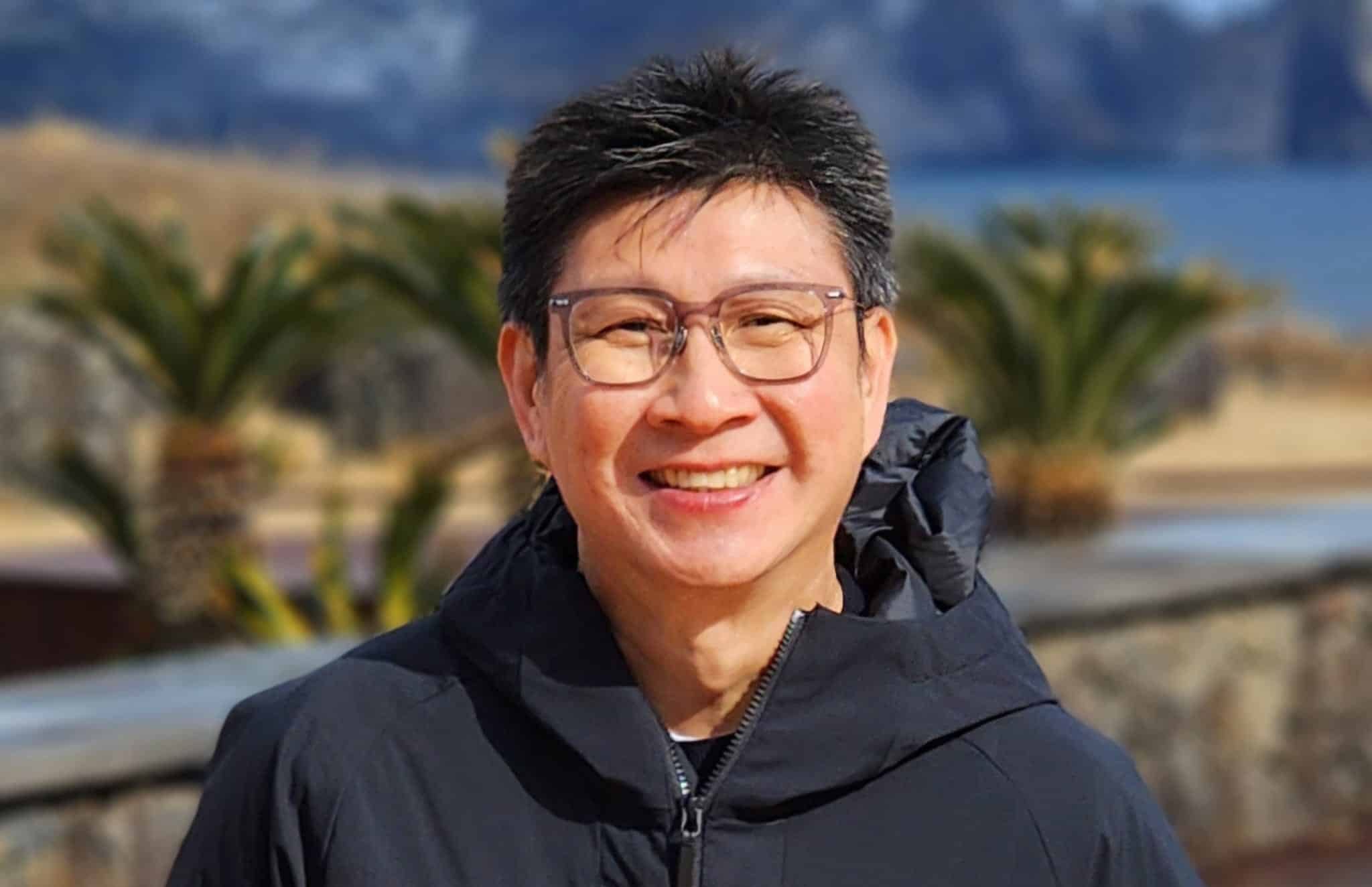
Photo by Felipe Lima Rizo on Unsplash
My wife loves the thrill of amusement parks. For her, the scarier the ride, the better.
The fact that her husband has a fear of heights adds an additional element of “amusement “ to the thrills of the “amusement park”.
So when we were on holiday in the UK, my wife jumped at the chance of checking out the local rollercoasters.
I was relieved when we made a cautious start, boarding a ride designed to give customers a great view of the park and the city. Up we went, sitting in a circular carriage which slowly revolved up and around a central pole.
As we progressed upwards, I felt suddenly that our seats seemed incredibly close to the perspex window. I used my feet to push myself back firmly in the chair and strained as I pressed my head against the head-rest behind me. It wasn’t long before my wife began to notice (and chuckle).
First, I lost my usual facial animation; my usually pale skin had become slightly flushed and resembled the colour of a lightly cooked shrimp.
Beads of sweat accumulated on my brow and upper-lip. Needless to say, my lovely wife was much amused at this inauspicious start to my day of anxiety!
Common anxiety effects
I am sure many of us have had similar anxious experiences as the body reacts to different kinds of stressful situations.
We also know that our physical reflexes are actually very helpful. When we sense danger, we produce chemicals that help us to run away.
Some, like my wife, intentionally seek the thrill of amusement park rides or exciting films just to encounter some degree of anxiety.
However, when anxiety is intense, prolonged and/or out of control, it can have detrimental effects on our physical, psychological and spiritual well-being.
Psychologists have been able to shed much light on the different types of anxiety and their unique symptoms.
One of the main forms of anxiety is Generalised Anxiety Disorder.
People with this disorder become anxious over issues such as health problems or finances, and often sense that something bad is going to happen.
Symptoms include restlessness, irritability, muscle tension, difficulty concentrating, sleep problems and generally feeling on edge.
Statistics suggest that about 10% of the population in Singapore currently suffers from anxiety disorders.
Other kinds of anxiety disorders include panic disorders, phobias, social anxiety disorders, post-traumatic stress disorder and obsessive-compulsive disorder.
Statistics suggest that about 10% of the population in Singapore currently suffers from one of these disorders, whilst the Singapore Mental Health Study found that obsessive-compulsive disorder appears more prevalent in Singapore than in the United States.
The physical effects of anxiety are numerous and can be profoundly debilitating.
From headaches to back pain, from skin rashes to loss of appetite, fatigue and insomnia. Other symptoms are less perceptible. These include an increase in muscle tension and blood pressure.
One of the main psychological effects of anxiety is reduced alertness.
It is common that we forget our lines in the school play, miss a note at a concert or just “go blank” during a school test.
Anxiety may act to dull our mind, creativity or ability to focus.
It may also adversely affect our interpersonal relationships as we retreat into ourselves, freeze up, or obsess, replaying certain thoughts over and over again.
Our defence mechanism then kicks in. We rationalise and reassure ourselves; we deny the problem.
Some might turn to blaming others, others seek escape and heave to a local bar.
But, these defence mechanisms simply show us that we are not ready to accept reality.
Defeating, not defeated
What can be done? Actually, quite a lot!
A trained Christian counsellor can help discern the source of the anxiety and work with the counsellee to alleviate its debilitating symptoms.
Counsellors have adapted hundreds of techniques, tailored to diverse conditions and symptoms, to help the counsellee relax and change the way he/she thinks and behaves.
Prayer is the greatest therapeutic weapon against anxiety that Christians possess.
Whatever technique is being used, a trained counsellor should endeavour to develop a relationship of trust with their counsellees, create an environment in which counsellees are held in non-judgmental and positive-regard, in which counsellor partner with counsellees on the journey to recovery and wellness.
Since our physical, psychological and spiritual facets are interwoven, anxiety can also adversely affect our relationship with the Lord.
I had one such encounter in my early Christian journey, when I experienced a severe bout of anxiety regarding the direction I was to take in my teaching career.
I was so obsessed with the issue that I isolated myself from social interaction, especially in church, and ceased to pray and read the Scripture.
I started blaming the Lord, telling Him to His face that He did not really exist.
Never did it occur to me that by doing so, I fell trap to the subtle effect of anxious thought, the adverse influence of our mind.
A change of mind
Thankfully, I was helped greatly by a little green book entitled The Way of a Pilgrim.
In this book, a Russian believer reads Paul’s directive to “pray without ceasing” (1 Thessalonians 5:17a). He travels throughout his land, asking many men and women of spiritual maturity if such a thing is possible.
On his journey he faces many challenges and hardships, and through these challenges he learns that it is indeed possible to pray without ceasing.
We often forget that one of the greatest gifts we have as Christians is each other. God did not design us to go it alone.
He learns that, whatever befalls him, it is prayer that feeds him and saves him from despair; it is prayer that assures him that, regardless of circumstances, God is utterly near.
For him, prayer has become his way of apprehending the Kingdom of God and the way he walks with God.
Encouraged by this, I picked up my Bible once again and read another of Paul’s directives: “Do not be anxious about anything, but in everything by prayer and supplication with thanksgiving let your requests be made known to God.” (Philippians 4:6)
In the Old Testament, Daniel could face the lions – an anxiety-provoking situation if ever there was one – because he went to the Lord in everything, not just in his crisis; and many times a day.
Daniel had the kind of daily posture of prayer that helped him face all kinds of anxiety, and this is what Paul calls our anxious souls to: Bring everything to Him, and to consider everything in relation to our loving Father.
I believe prayer is the greatest therapeutic weapon against anxiety that Christians possess.
As I rejoined church, I rejoined community. As I rejoined community, I placed myself physically within the people of God in corporate worship and fellowship.
I shared my anxieties with my pastor and benefitted from his direction.
In our anxiety, we often forget that one of the greatest gifts we have as Christians is each other. God did not design us to go it alone.
A key to overcoming anxiety is to admit it and reach out for help to those, such as Christian counsellors and pastors, who are equipped to minister to us.
This article was written by Peter Shannon for IMPACT Magazine. It is republished in Salt&Light with permission.
We are an independent, non-profit organisation that relies on the generosity of our readers, such as yourself, to continue serving the kingdom. Every dollar donated goes directly back into our editorial coverage.
Would you consider partnering with us in our kingdom work by supporting us financially, either as a one-off donation, or a recurring pledge?
Support Salt&Light


